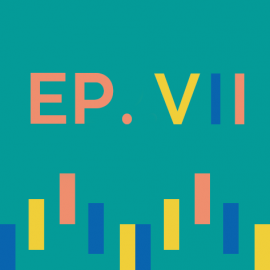Dream Lab Podcast: Afrofuturism
In the final episode of the Dream Lab series, we're joined by Dr. Clayton Colmon, the Associate Director of Instructional Design for Penn Arts & Sciences Online Learning. He talks about his personal connection to Afrofuturism and its many applications to pedagogy.












